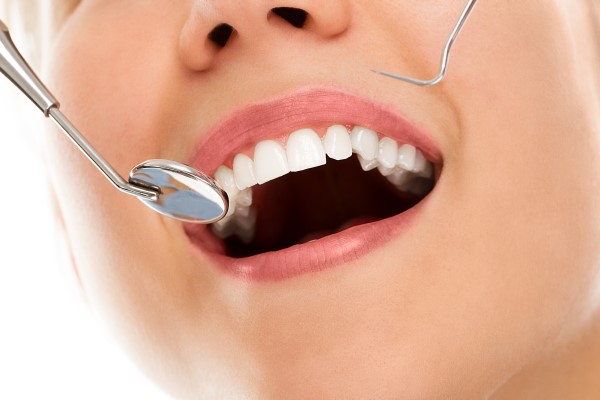How a General Dentist Treats Gum Disease

Like cavities, gum disease is a common dental dysfunction that affects people of all ages. If you are suffering from gum disease, you should not put off getting treatment. Your general dentist has the knowledge and training to relieve the symptoms of this disease. In some cases, the dentist might be able to reverse its effects. You can have peace of mind to know that there are methods available to restore your health and prevent more serious problems.
An overview of gum disease
Also known as periodontitis, this disease can damage the soft tissue in the mouth. It is characterized by red, inflamed gums and bleeding from this area while brushing or eating. Without proper treatment, periodontitis can cause bone loss and, eventually, tooth loss. Failing to brush and floss regularly will lead to this disease. This causes a buildup of bacteria between teeth and along the gumline. Plaque and tartar can form, destroying the gums and teeth.
Education
As the first signs of gum disease appear, the general dentist may teach proper brushing and flossing techniques to the patient. The individual may not be flossing and brushing enough, or at all. Or, the dentist may need to correct the way the patient is doing these things. Often, doing these habits correctly can stop the disease from progressing.
Scaling
This is one of the most common ways to combat gum disease. The dentist or hygienist can perform this treatment, either during a routine checkup or at a different appointment. Using a tool, the dentist or hygienist scrapes plaque and tartar from the surface of the teeth or below the gums. Some offices may use an ultrasonic device. This treatment can remove bacteria from the teeth and gums, promoting good health. It will reduce the risk of the disease becoming more serious.
Root planing
This process often accompanies scaling. The dentist smooths the surfaces of the roots. This minimizes the chances of bacteria growing and causing gum disease. It is also an effective way to stop tooth decay. This treatment can speed up the healing process for people who have severe periodontitis.
Medication
In some situations, the dentist may recommend using antibiotics to treat gum disease. Topical or oral medications can kill the bacteria that cause plaque and tartar buildup. This method is also a good way to keep infections from developing in the gums or teeth. The dentist may give multiple doses to the patient, depending on how serious the periodontitis is.
Surgery
The most severe cases of gum disease may require flap surgery. In this treatment, the dentist makes incisions in the gums, pulls them back, and exposes the roots. This allows the dentist to do more effective scaling. It can also let the dentist examine the bones and repair any bone loss.
Healing is possible
There can be serious consequences to having gum disease. The good news is that there is hope that you can recover from these issues. Your dentist can offer these treatments to restore your oral health. Make an appointment so you can discuss your options.
Request an appointment here: https://www.carolinasmilesdentist.com or call Carolina Smiles Family Dental at (828) 974-3326 for an appointment in our Brevard office.
Check out what others are saying about our dental services on Yelp: Gum Disease in Brevard, NC.
Recent Posts
Gum disease is a common yet serious oral health issue that can cause discomfort, damage, and even tooth loss if left untreated. With the right gum disease treatment, patients can not only stop the infection in its tracks but also restore the patient's overall oral health. Knowing the true impact of gum disease and how…
Dentists recommend proper oral hygiene from a young age to achieve good dental health for a lifetime. This is important for cosmetic reasons, but also to maintain overall health. One of the consequences of not brushing and flossing correctly is gum disease, which is also known as periodontal disease. This condition originally affects the gums,…
According to a study conducted by the Centers for Disease Control (CDC), more than 47 percent of adults 30 and older have some form of gum disease. Fortunately, gum disease can be treated and often reversed in most cases. Dealing with gum disease should include improvements in oral hygiene, making smart dietary choices, and regular…
Gum disease is very common in the United States, which often leads many to believe it is not as serious of a concern as it actually is. However, gum disease should be taken seriously, and learning more about it can help you determine why it is important to treat and prevent gum disease in order…


